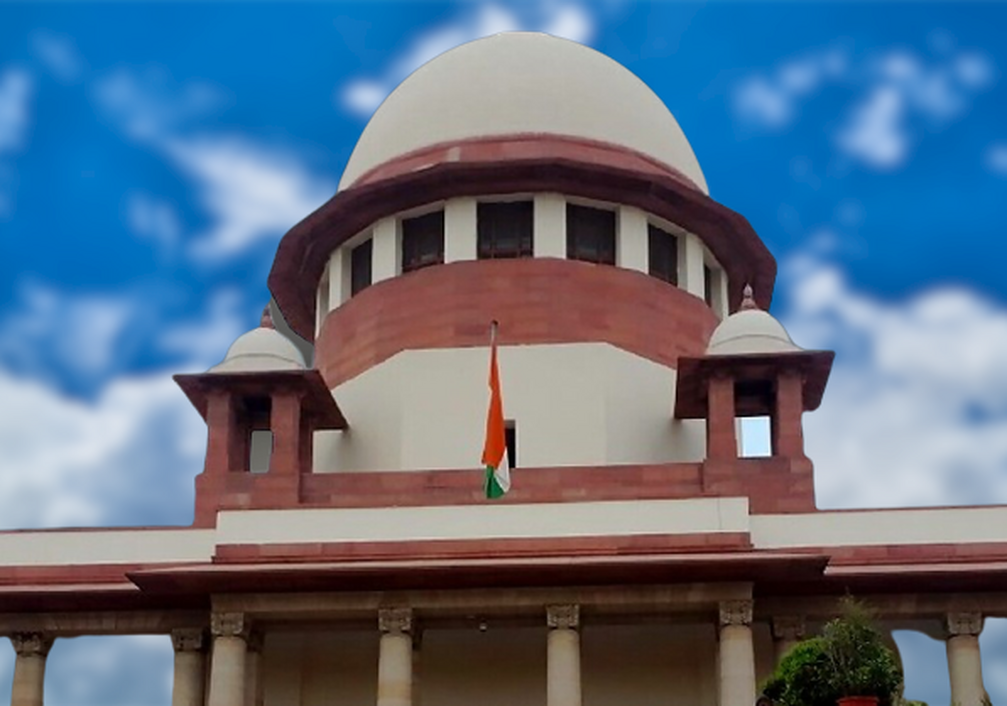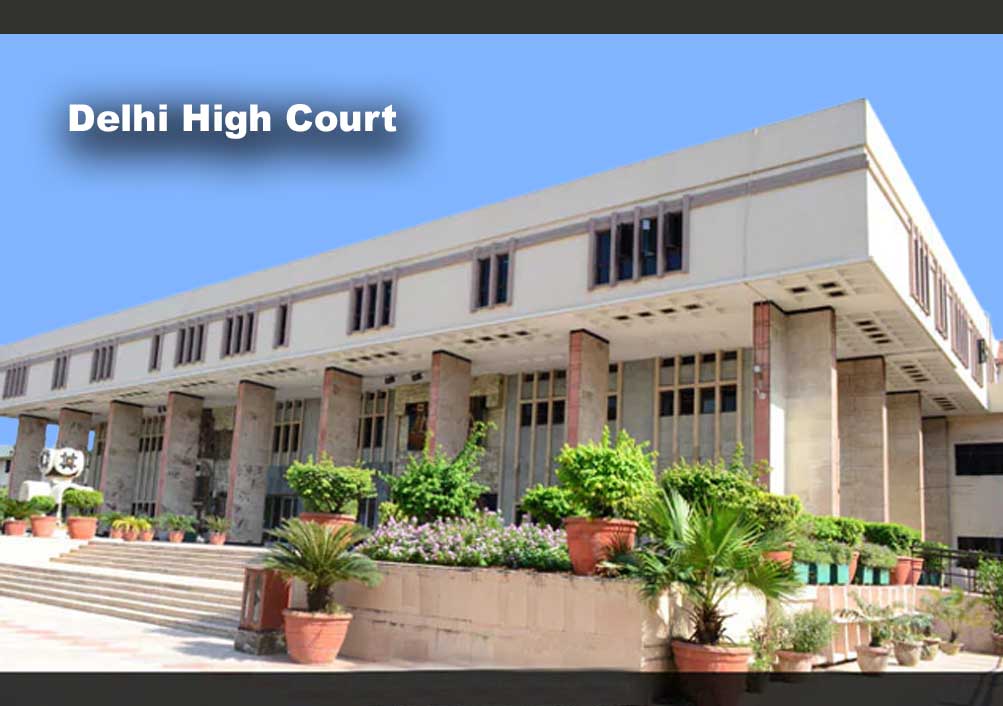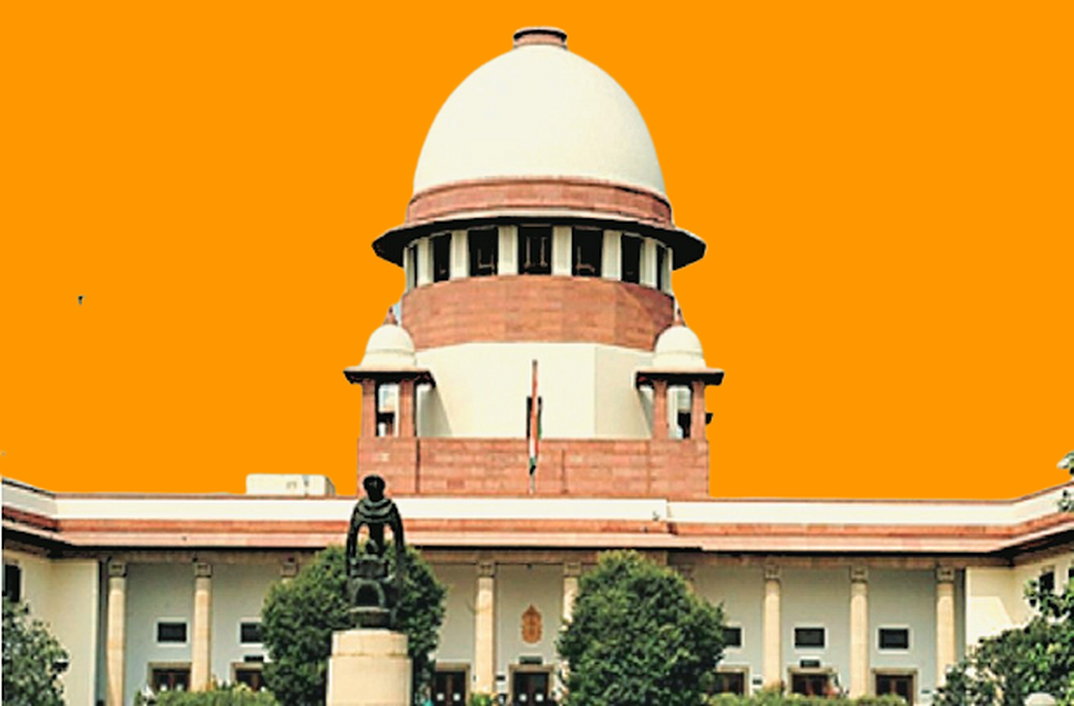Merely because suit is pending before HC challenging validity of compromise deed, is no cogent basis to quash proceedings u/s 138 of NI Act: SC

Read Judgment: M/s Gimpex Private Limited vs. Manoj Goel
Pankaj Bajpai
New Delhi, October 12, 2021: The Supreme Court has held that a settlement agreement effaces the original complaint and thus, it is not up to the parties, either complainant or accused, to simply reverse the effects of that agreement and relitigate the original complaint relating to the same underlying transaction u/s 138 of the Negotiable Instruments Act (NI Act).
A Larger Bench of Justice D.Y. Chandrachud, Justice Vikram Nath and Justice B.V. Nagarathna however observed that in the event that the compromise deed is found to be void ab initio on account of coercion, the very basis for quashing of the first complaint is removed since the settlement agreement is deemed to have never existed and hence it had no effect on the liability subsisting under the first complaint.
The observation came in reference to an issue as to whether parallel prosecutions arising from a single transaction u/s 138 of the NI Act can be sustained.
The background of the case was that during the pendency of complaints filed u/s 138 of NI Act, the complainant and accused entered into a deed of compromise. The cheques issued in pursuance of the deed of compromise were dishonoured, and therefore a second complaint was instituted u/s 138 of the NI Act. In a petition filed by the accused, the second complaint was quashed by the High Court.
After considering the evidences, the Top Court found that the breach of the deed of compromise has arisen due to the dishonour of the cheques which were issued by the accused towards discharge of the remaining balance of Rs. 7 crores.
Once a settlement agreement has been entered into between the parties, the parties are bound by the terms of the agreement and any violation of the same may result in consequential action in civil and criminal law, added the Court.
The Larger Bench noted that in the present case, the first set of cheques which were issued allegedly towards discharge of the liability under the HSSA were dishonoured. A deed of compromise was entered into thereafter on March 12,2013. Later, the deed of compromise was partially implemented by the payment of an amount of Rs. 3 crores by demand draft to the complainant, upon the receipt of which, Gimpex Private Limited was to grant it’s no objection to the plea of bail of Manoj Goel.
Further, Manoj Goel undertook to pay the balance of Rs. 7 crores within three months in installments. The second set of cheques issued pursuant to the deed of compromise were also dishonoured, added the Bench.
Speaking for the Bench, Justice Chandrachud opined that the Single Judge of the High Court adverted to clause 9 of the deed of compromise which stipulated that upon the payment of the entire settlement amount of Rs. 10 crores, all proceedings including the criminal complaints would have to be withdrawn.
“The Single Judge was persuaded to quash the criminal complaint instituted against Manoj Goel on the basis of the second set of cheques on the ground that: (i) Since the proceedings under the NI Act for the dishonour of the first set of cheques was pending, the second set of cheques issued only on the basis of the deed of compromise could not be construed as being towards the discharge of a liability; and (ii) The validity of the deed of compromise had been challenged in the suit pending before the High Court”, observed Justice Chandrachud.
Stating that each of the grounds which weighed with the Single Judge of the High Court is misplaced, the Top Court opined that once ingredients of Section 138 of the NI Act are fulfilled, the statute clearly stipulates that “such person shall be deemed to have committed an offence”.
Thus, once the ingredients of Section 138 are fulfilled, a distinct offence arises in respect of the dishonour of the cheques in question and there was no basis for the Single Judge to conclude, particularly in the course of the hearing of a petition u/s 482 of the CrPC that the second set of cheques issued in pursuance of the deed of compromise cannot be construed as being towards the discharge of a liability, added the Court.
The Apex Court clarified that the question as to whether the liability exists or not is clearly a matter of trial and there was a serious error on the part of the Single Judge in allowing the petition u/s 482 to quash the prosecution on the basis that the deed of compromise would not constitute a legally enforceable liability.
The mere fact that a suit is pending before the High Court challenging the validity of the compromise deed would furnish no cogent basis to quash the proceedings u/s 138, added the Court.
The Larger Bench also said that once the complainant discharges the burden of proving that the instrument was executed by the accused; the presumption u/s 139 of Negotiable Instruments Act, 1881 (NI Act) shifts the burden on the accused.
The expression “unless the contrary is proved” would demonstrate that it is only for the accused at the trial to adduce evidence of such facts or circumstances on the basis of which the burden would stand discharged, added the Bench.
Sign up for our weekly newsletter to stay up to date on our product, events featured blog, special offer and all of the exciting things that take place here at Legitquest.




Add a Comment